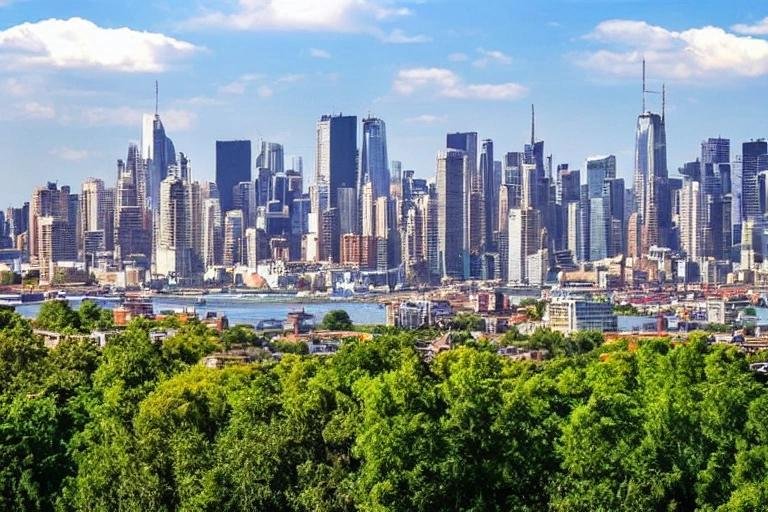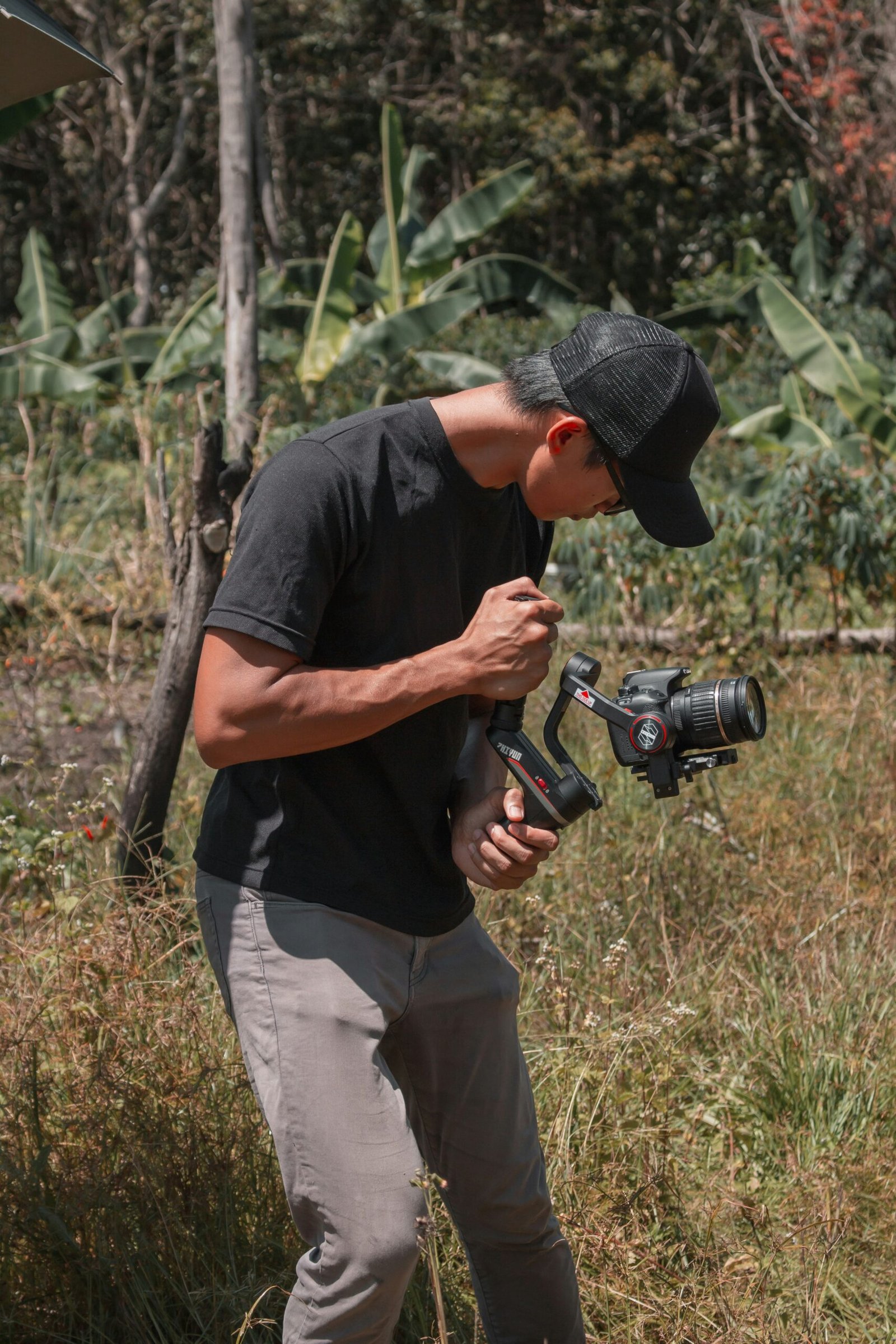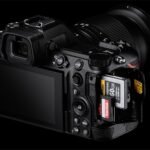How to Scout Out the Ideal Location for Photography. As a photographer, finding the perfect location can make or break a shoot. It’s not always easy to scout out the ideal spot that will showcase your subject in the best possible way.
But fear not, there are tricks and techniques to help you uncover that hidden gem of a location. In this blog post, we’ll explore the art of photography and delve into the secrets of scouting out the perfect location for your next shoot. Get ready to take your photography skills to new heights!
Tips from professional photographers on finding the ideal shooting spot
Professional photographers know that finding the perfect location for a shoot is key to creating stunning and captivating photography. One tip they offer is to scout out potential locations before the actual shoot. This allows you to assess the area, determine the best time of day for lighting, and plan your shots accordingly. Another important factor to consider is the mood or theme you want to convey in your photos.
For example, if you’re going for a romantic vibe, a secluded beach or park might be ideal. On the other hand, if you’re looking for an urban feel, a busy city street or graffiti-covered alleyway could be perfect. Ultimately, taking the time to research and scout out potential locations can make all the difference in creating truly exceptional photography.

Why location is crucial for creating captivating photography
Location is crucial when it comes to creating captivating photography. It can set the mood, tell a story and provide an interesting backdrop for your subject. A great location will enhance your final images and make them more memorable. For example, shooting in a cityscape versus a rural landscape can provide completely different vibes for the same type of photo shoot.
In addition to adding visual interest, location can also affect lighting conditions, which are an essential element of any photograph. A skilled photographer will learn how to make the most out of any location by finding unique light sources or working with available light creatively.
Ultimately, choosing the right location is about strategic decision-making that considers all aspects, including aesthetics and logistics such as accessibility and safety issues. Being intentional about scouting out locations ensures that you capture photos that truly stand out from the rest.
How to research and prepare for location scouting
To ensure a successful photo shoot, researching and preparing for location scouting is key. Start by studying the area you’re interested in shooting in, whether it’s through online resources or getting out and exploring the area yourself. Look up current photos of the location to get an idea of what it looks like at different times of day and year. Consider factors such as lighting conditions, crowd levels, weather patterns, accessibility options for equipment transport, and potential permit requirements that may apply.
Once you have a list of potential spots to scout out, create a detailed plan with specific locations to visit during your scouting trip. Bring along any necessary gear such as measuring tools and reference images for inspiration. Be sure to allocate enough time for thorough assessment when on-site – accounting for any unexpected challenges or opportunities you may encounter along the way.
By putting in ample research beforehand and being prepared while scouting potential locations, photographers can increase their chances of finding the perfect spot for their next shoot.
What to look out for when assessing a potential spot for your shoot
Assessing the Lighting and Time of Day
Lighting and time of day are two crucial factors to consider when scouting out a location for your photography. The quality and direction of light can make or break a shot, so it’s important to assess the lighting conditions at different times of the day. Take note of where the sun rises and sets, and how the light falls on your subject.
Consider whether you want harsh or soft light and whether you need to bring additional lighting equipment. Additionally, think about how the time of day affects the mood and atmosphere of your shot. A sunrise or sunset can create a beautiful warm glow, while the midday sun can be harsh and unflattering.
Finding the Perfect Background and Composition
When assessing a location for your photography shoot, it’s important to find the perfect background and composition. Look for interesting textures, patterns or colors that could make your subject pop. When choosing a composition, consider the rule of thirds or leading lines to guide the viewer’s eye.
Don’t be afraid to get creative with angles and perspectives–think outside the box! Keep in mind how much negative space you want in your shot as well. It can add depth and interest but too much can detract from your main focus. Overall, finding the ideal background and composition is key in creating captivating photos that stand out.
Making the Most of Natural Elements and Features
When scouting out a location for your photography, pay close attention to the natural elements and features that can enhance your shots. Look for unique or interesting shapes, patterns, textures, and colors in the environment around you. Keep an eye out for natural lighting conditions like soft diffused light during golden hour or dramatic shadows during the midday sun.
Incorporating these natural elements into your composition can add depth, contrast, and visual interest to your photographs. Don’t be afraid to experiment with different angles and perspectives to make the most of what nature has to offer – it could make all the difference in creating captivating photography.

Making the most of your chosen location: creative ideas and considerations
Once you have found your perfect location for your photography shoot, it’s time to get creative and make the most of it. Here are some creative ideas and considerations for making the most out of your chosen spot:
Play with angles: Experimenting with different vantage points can add depth and dimension to your shots. Try shooting from a lower or higher angle to capture unique perspectives.
Incorporate natural elements: Including nearby trees, rocks, water features, flowers or other elements in the environment can add visual interest and texture to your images.
Consider lighting: The time of day will affect the quality of light available at each location so take this into consideration when planning your shoot.
Use props or bring accessories: Adding items such as chairs, umbrellas or hats can enhance the overall aesthetic quality while giving context to what is happening within the photo.
Think about composition: Using basic principles like rule-of-thirds, symmetry or leading lines can help create balance and structure within photographs.
Remember that scouting out locations may require multiple visits prior to finding one suitable enough for a photoshoot but once found let the creativity flow freely!
In conclusion, scouting out the perfect location for your photography is a crucial step in creating captivating and memorable images. Taking advice from professional photographers on how to scout out the ideal shooting spot, researching and preparing for location scouting, assessing potential spots wisely, and being creative and flexible with your ideas are all essential components of finding that perfect backdrop.
Whether you are shooting portraits or landscapes, in urban or rural settings – carefully considering each aspect can make a world of difference in the final product. By following these tips and tricks, you’ll be well on your way to discovering stunning new locations that will elevate your photography skills to new heights!




